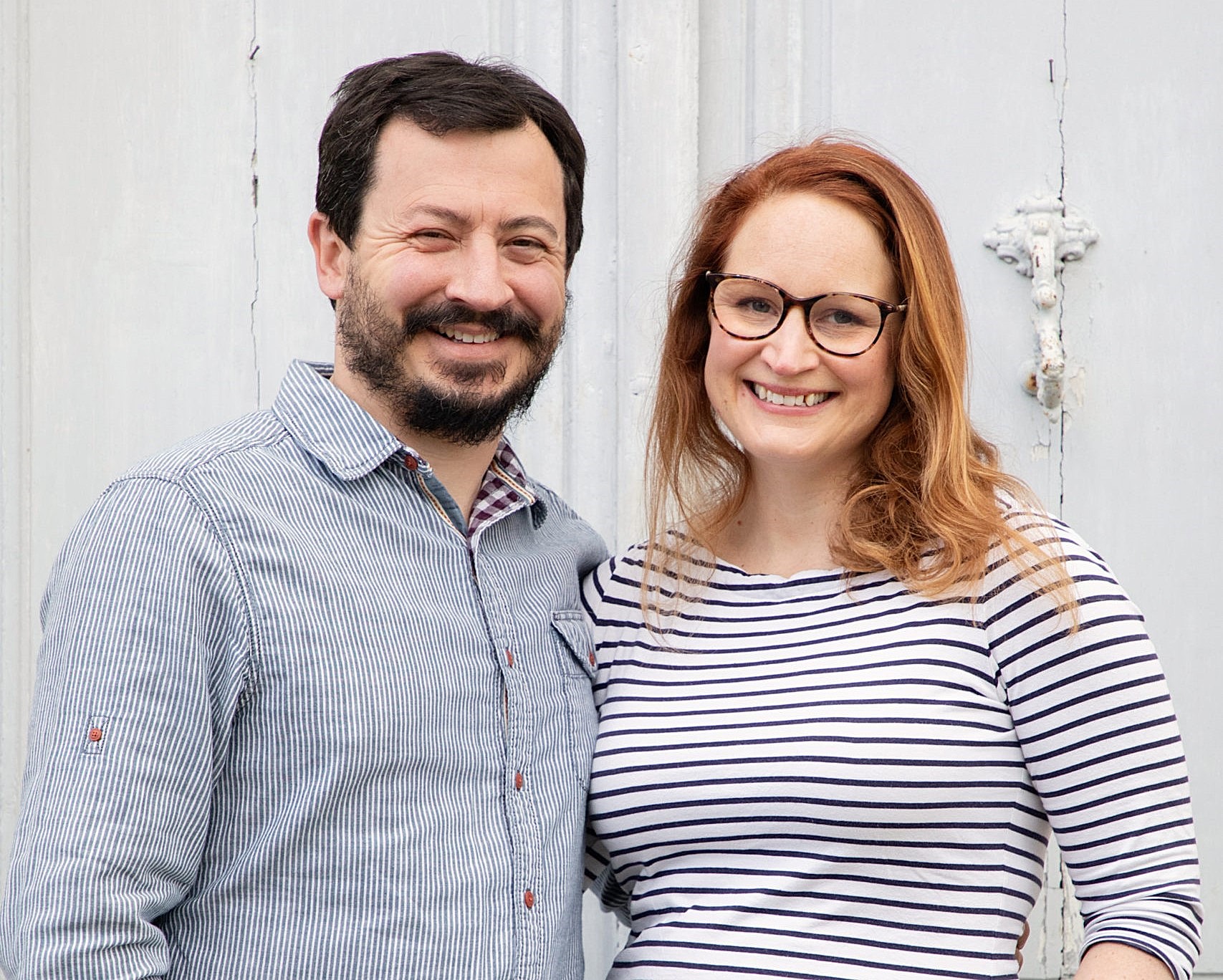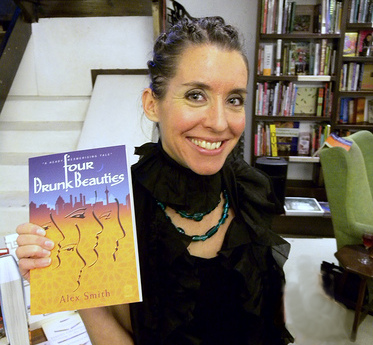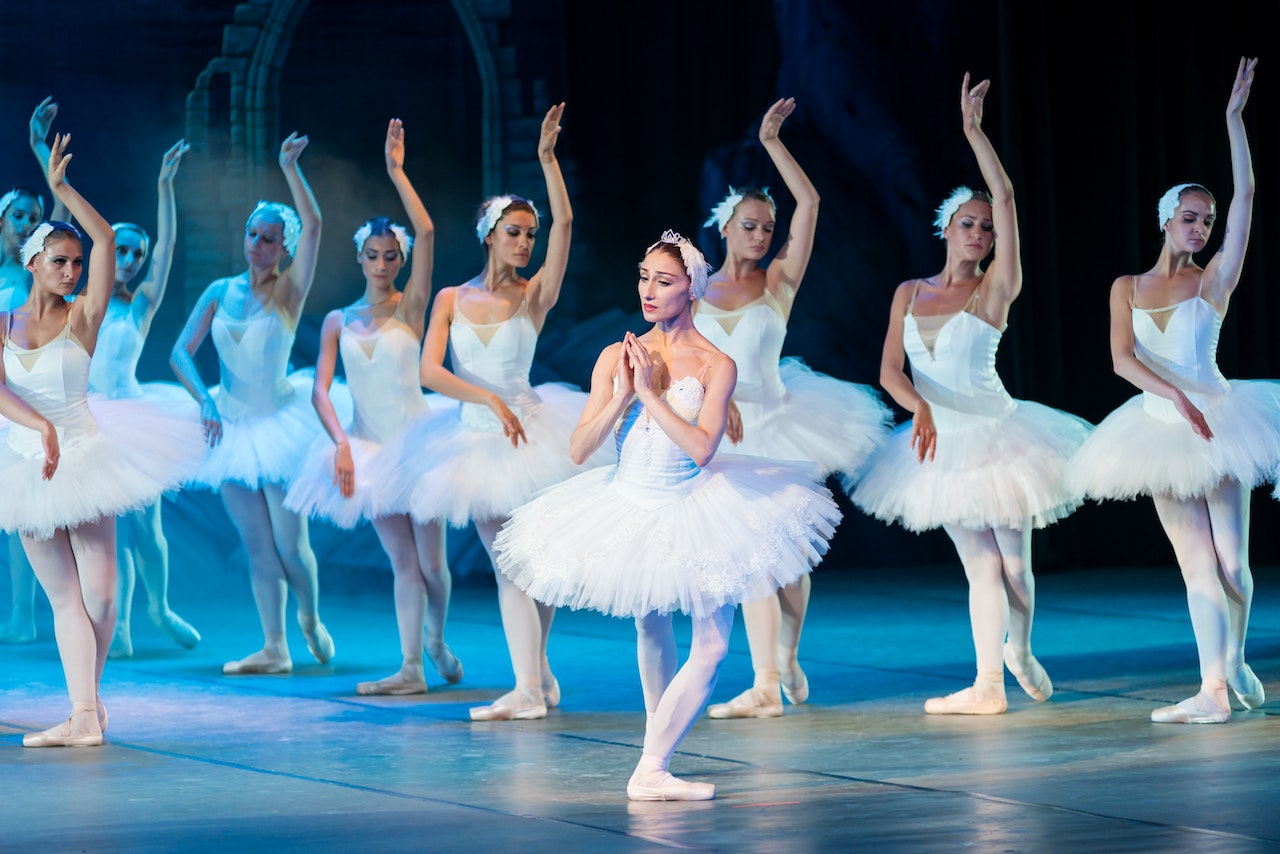The blank page can be intimidating for an aspiring fiction writer, but anyone can write creatively. Here are six helpful tips to get you started.
By Andrew Salomon
Write about what you care about
The well-worn adage of ‘Write what you know’ is limiting and not very useful. It’s more helpful to write about something you care about. This can be anything that resonates with you, such as a sport, a cause, a particular job, place or experience. This way, you free yourself to write about something that you may not necessarily be an expert on, but by caring about what you write, you ensure that you will make an effort to get the content of your story right.
Read with a ‘writer’s eye’
If you feel the desire to write a story, the chances are good that you also love reading them. This means you have a free pass to reread stories you have loved, while paying close attention to the author’s techniques to make a story memorable. You’ll be surprised how quickly your ‘writer’s eye’ starts picking up on style elements, such as how dialogue and action have been woven together, or how a particular narrative point of view benefits the story.
Make your opening sentence and first paragraph earn their keep
Your opening sentence and first paragraph are what will hook your reader into your story. So go ahead and have them work extra hard through mystery and intrigue to spark curiosity in your reader, along with a sense that the time they invest in reading your story will be rewarded.
Get the reader to care about your characters through their words and actions
In storytelling, descriptions of what drives a character and how they feel about things get boring very quickly. Instead of long-winded descriptions, use a character’s actions and dialogue to show what they care about and how events and other characters affect them. Getting to know your characters in this way allows the reader to empathise with and root for them.
Distinctive dialogue
Look at your favourite books and movies and notice how each character talks in a distinctive way. Since no two characters are the same, a believable story will feature characters that express themselves uniquely. This is an essential writing skill that gets sharpened over time.
Finish the first draft first
Revising and polishing your work is an essential part of the fiction writing process, but editing an unfinished story can feed procrastination. Avoid this subtle trap by finishing the initial draft of your story first, and only then start with revision. And if that initial draft is so rough that you would feel embarrassed to show it to anyone, welcome to the club; nobody’s first draft is a great work of literature. The biggest priority for an aspiring fiction writer is first to wrestle that story from your mind to the page. Everything else follows from there.
About the Author

Andrew Salomon has received the PEN Literary Award for African Fiction and the Short.Sharp.Stories Award. His debut novel, Tokoloshe Song was shortlisted for the Terry Pratchett First Novel Award, and his short fiction has been shortlisted for the Commonwealth Short Story Prize. He is the author of the Young Adult thrillers The Chrysalis and Wonderbear, and his latest novel is the dark fantasy thriller The Equilibrist, set in Cumbria. He completed an MA at the Institute for Archaeology at University College London, and some of his most memorable experiences have been at rock painting and engraving sites in rock shelters and subterranean caves across the world. These often find their way into his fiction.
Andrew teaches the Write a Novel Course, Literary Short and Flash Fiction Course and the Master Your Punctuation Course at UK Writers College.













